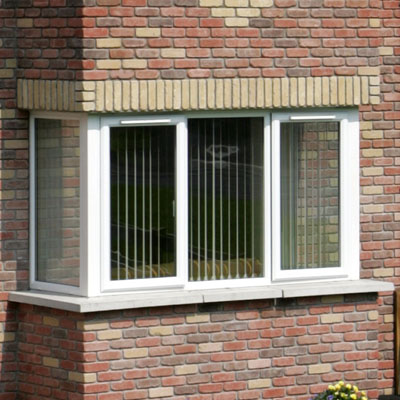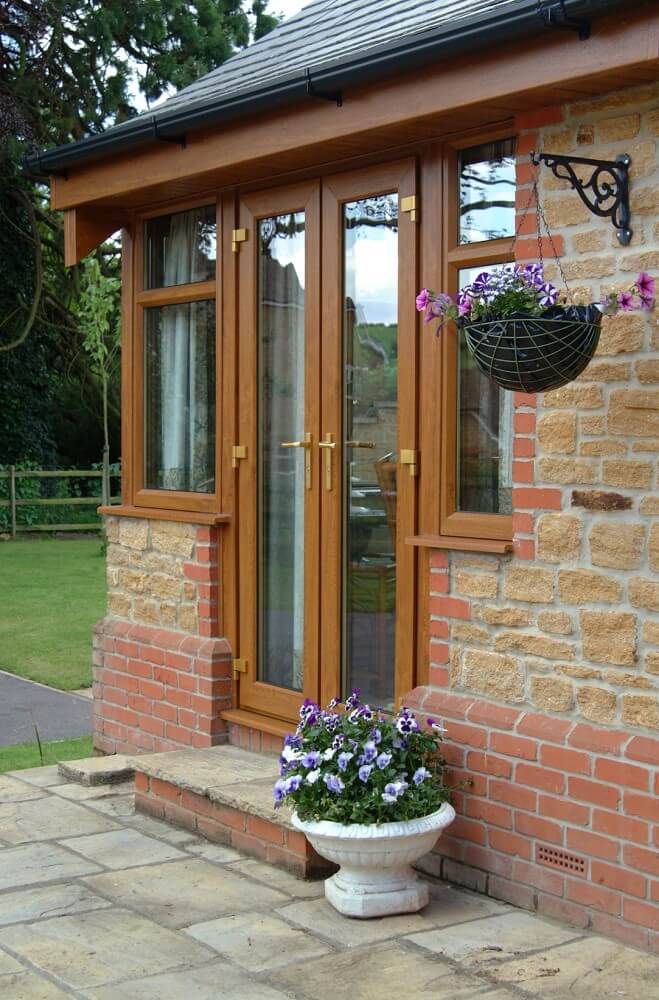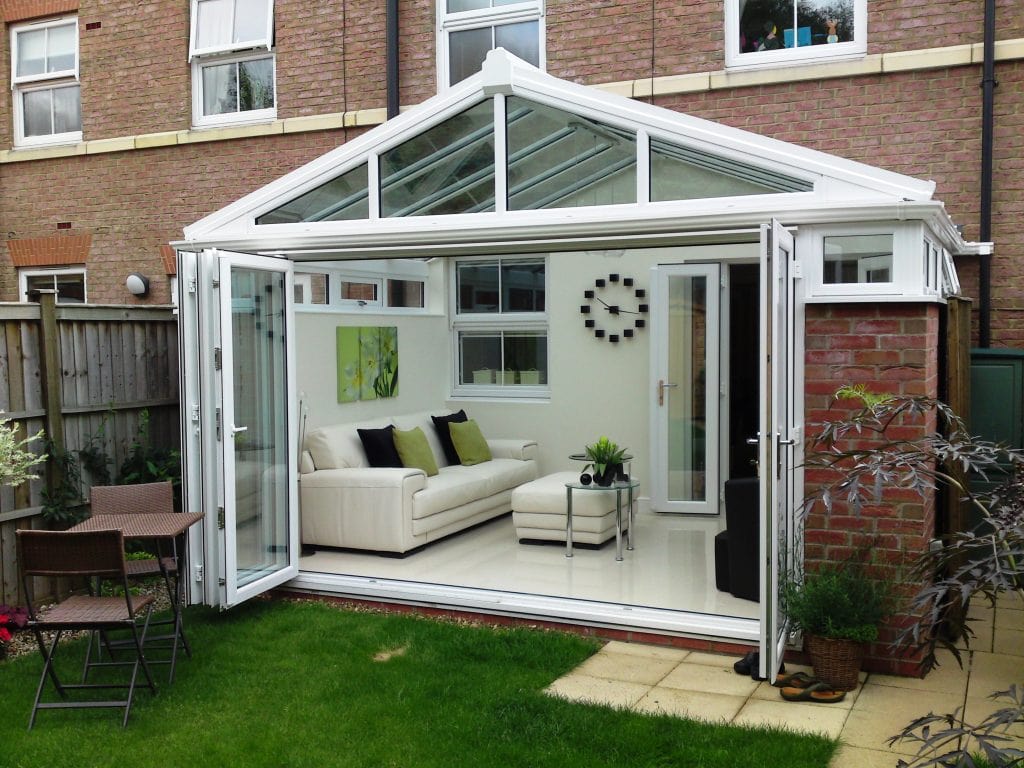Spring is here, summer is on the way and finally, we might allow ourselves a little breathing space when it comes to the vexing question of heating bills. Over the winter months, people right across Northern Ireland have fretted over the cost of living alongside keeping their homes warm, and while we’re still seeing rising food prices at least there might be a drop of sunshine and warmth to keep the heating bills blues at bay.
That said, there are still savings to be made over the summer months. A few easy ‘wins’ can be turned into smaller bills and, of course, summer is a good time to get any planned home improvements done. As they say, the time to fix the roof is when the sun is shining!
Let’s have a look at five ways you can save money on heating bills this summer while thinking ahead to improvements you can make for the colder days later in the year.
Turn it down!
Maybe you decided to turn the radiator valves up a notch or two over winter, just to give that extra bit of warmth and stave off the prospect of frozen pipes. That’s fine, but as the winter bills continue to come in you might not be surprised to see that extra usage has cost you in terms of more than a few extra pounds. As spring turns into summer there really is no excuse for keeping that thermostat on max. Even turning the heating controls down by a degree can save you around £75 a year. Also, consider turning down the flow temperature of your boiler too – this won’t affect the temperature of your home, but can help you to save money on energy costs.
Check for draughts
In the depths of winter, with the heating on full blast or the fire blazing merrily away, we may not have noticed the little nooks, crannies and gaps allowing heat to escape from our homes. And while these might be tiny gaps, they are significant in terms of reducing your home’s overall energy efficiency and increasing your heating bills. Draughts around windows and doors are the worst culprits, so consider draught-proofing strips around both sets of frames and draught excluders along the bottom of doors. Now may be the time to replace thin curtains with more substantial ones that will be yet another layer of insulation against heat loss.
Single or double glazing?
When you’re doing your spring survey you might have noticed that one or two of your windows aren’t really fit for purpose. OK, they’re doing the basic job of keeping the outside from entering the inside, but that’s about it. This applies particularly to single-glazed windows in wooden frames, or double-glazed units that were installed some years ago and may now be past their sell-by date in terms of thermal efficiency. It’s simple enough to check for draughts around these windows – you may notice a gentle breeze, even when the window is closed. Another sign of window inefficiency is condensation forming between the glass panes.
If this is the case, it really is time to look at replacing such windows. Modern technology means that double and triple-glazing is much more thermally efficient today than it ever has been. Double glazing – two panes of glass fitted with space in between each – helps to retain heat in winter as well as insulate the home in summer. Triple glazing adds another pane to make three and in turn provides the lowest U-value available, meaning it is the best option for reducing the amount of heat loss and therefore energy usage.
A ‘U-value’ measures the overall rate of heat transfer, and the lower the number the more efficient the window. For example, our high-quality uPVC casement windows, combined with energy-efficient A-rated, low-E glass fitted as standard, provide homeowners across the country with cost-effective uPVC windows that will last for many years.
Doors and more
Like windows, external doors are very prone to heat loss and while an old front door may look quaint, it’s probably costing you a fair amount of money. A wooden door may have developed cracks or has warped to the extent that it doesn’t fit its frame snugly, while an older uPVC type might (like older uPVC windows) look and feel long past its best. Again, if you’re keen to reduce your energy bills ahead of next winter, a new door might just be the answer.
Turkington sells composite and uPVC doors, both of which provide a huge range of benefits. Composite and uPVC doors are both highly thermally-efficient and if you would like your door to contain an element of glazing, you’ll be pleased to know that we offer energy-efficient double-glazing as standard.
Conservation in the conservatory
If you have a conservatory, particularly an older one, you’ll know how much heat such an extension can lose. Many people simply shut the door on their conservatories during the winter and wait until summer to use them again. That said, conservatories are becoming popular all year round – particularly as many of us are working from home more often – so there is every reason to upgrade now, either with a new conservatory or a roof replacement. We offer both new glass roofs or tiled conservatory roof replacements, both of which are highly thermally efficient, allowing conservatories across Ireland to be used whatever time of year it is and whatever the weather.
Our glass roof has a U-value of 1.2 W/m2K it helps minimise heat loss in the winter months, whilst a typical G-value of 40% means that 60% of the sun’s heat is reflected back, helping to reduce heat build-up during the summer months.
The UltraRoof system is a tiled conservatory roof that looks amazing and provides superb thermal performance. This roof system delivers all-year thermal efficiency combining an authentic tiled roof with full-length glass panels, allowing natural light to flood the living area.
If you’re interested in any of these energy-saving measures and would like to know more, don’t hesitate to contact us. We have many years of experience and provide a very comprehensive, friendly and efficient service right across Northern Ireland and the Dublin area. If you live in Northern Ireland and you’re struggling with your heating bills, we can advise you about the government’s Affordable Warmth Scheme, which could provide you with a grant to improve the thermal efficiency of your home.













